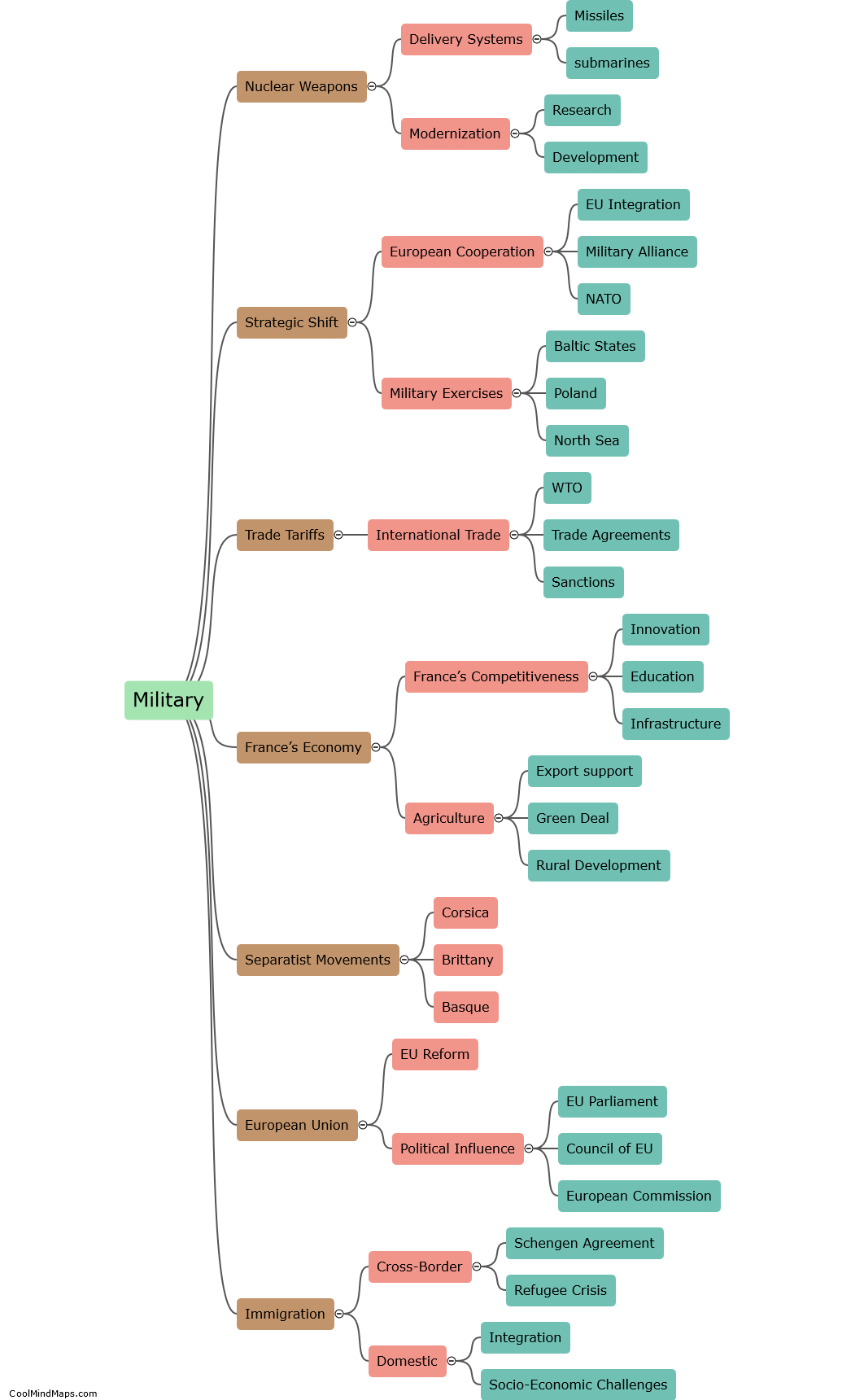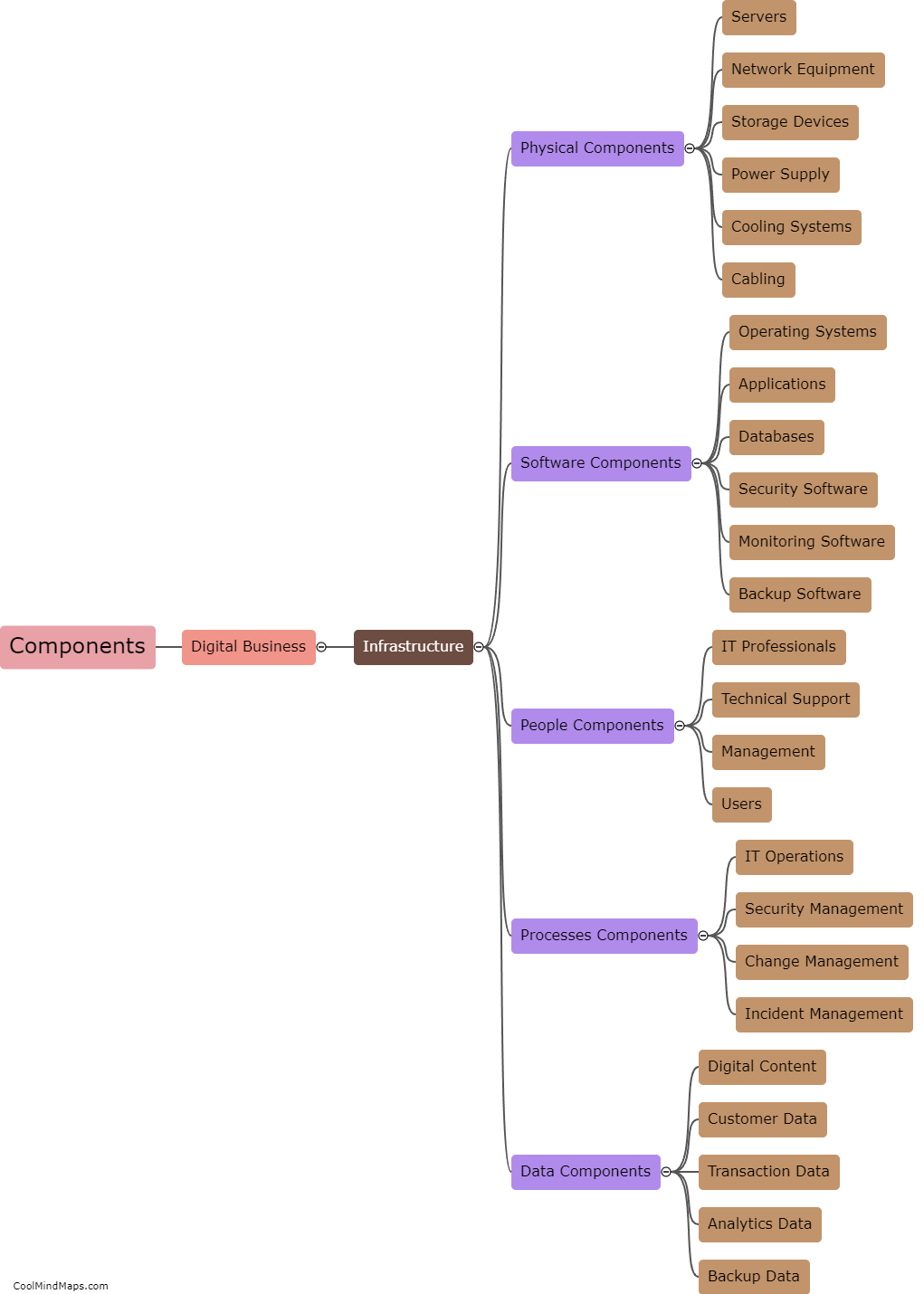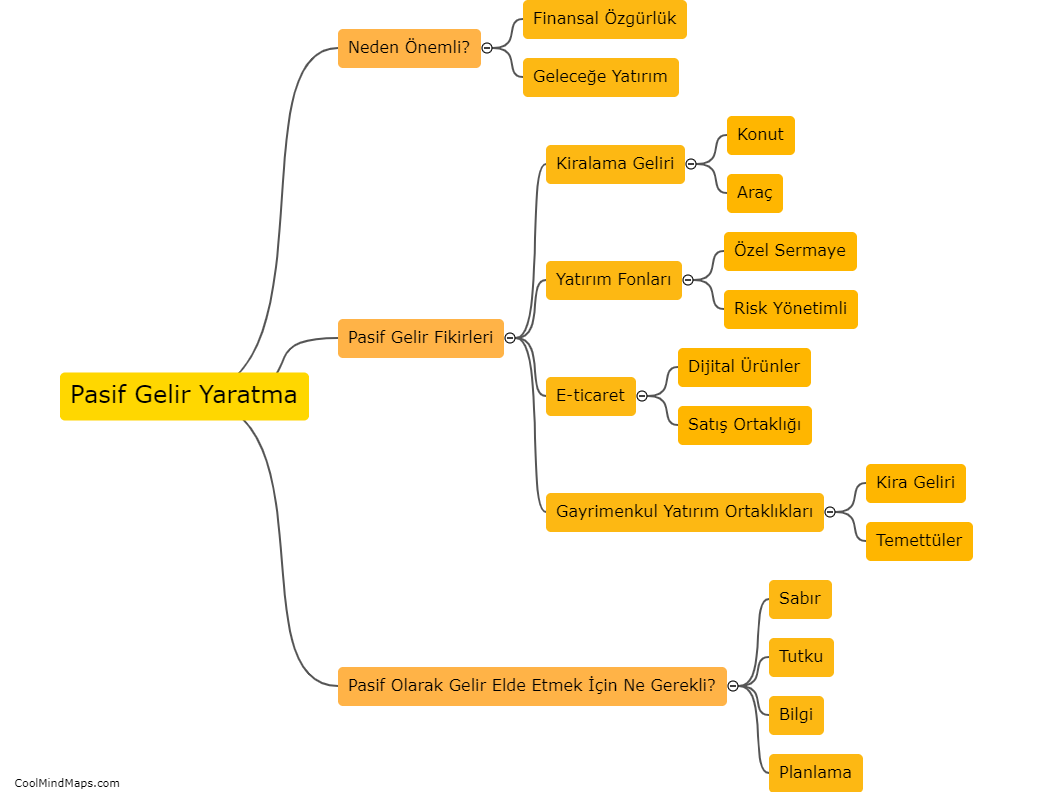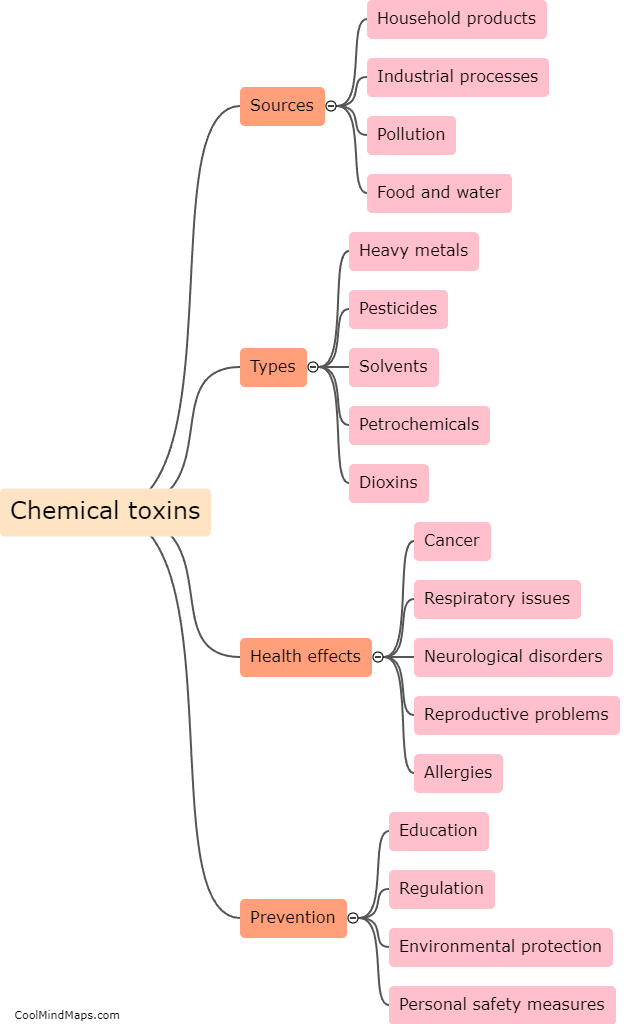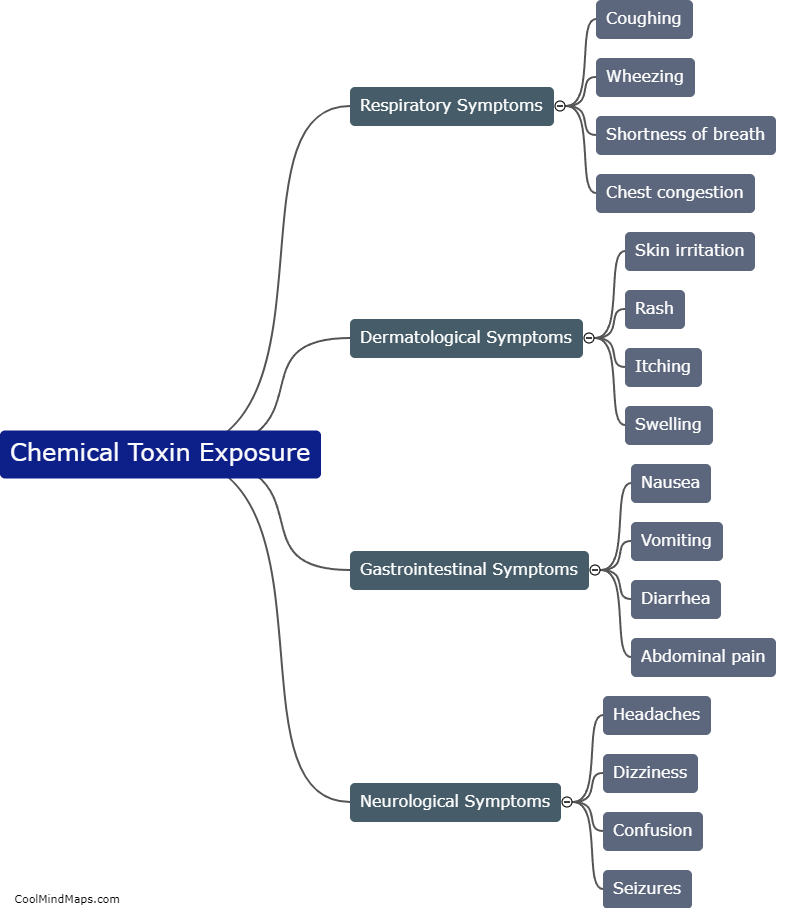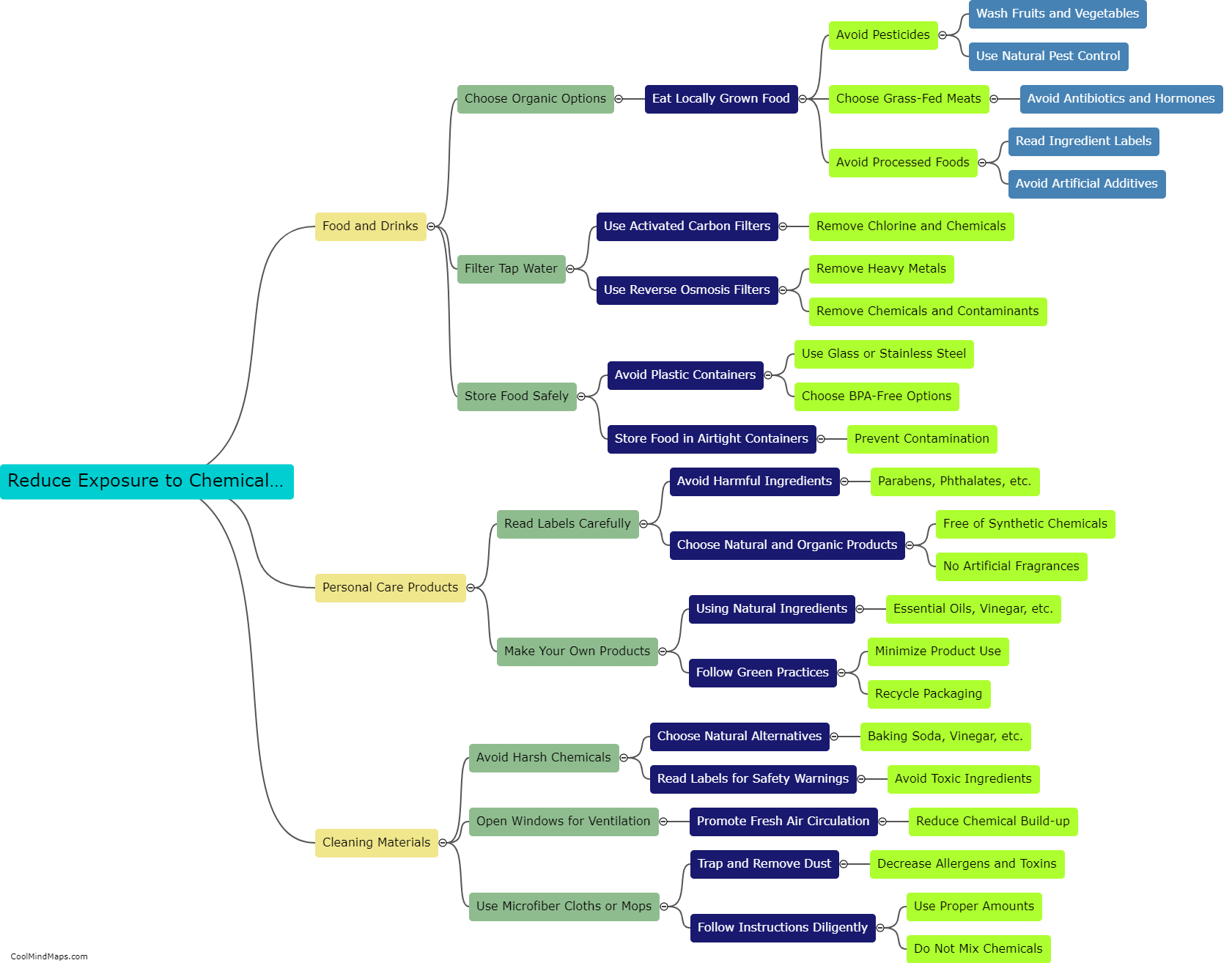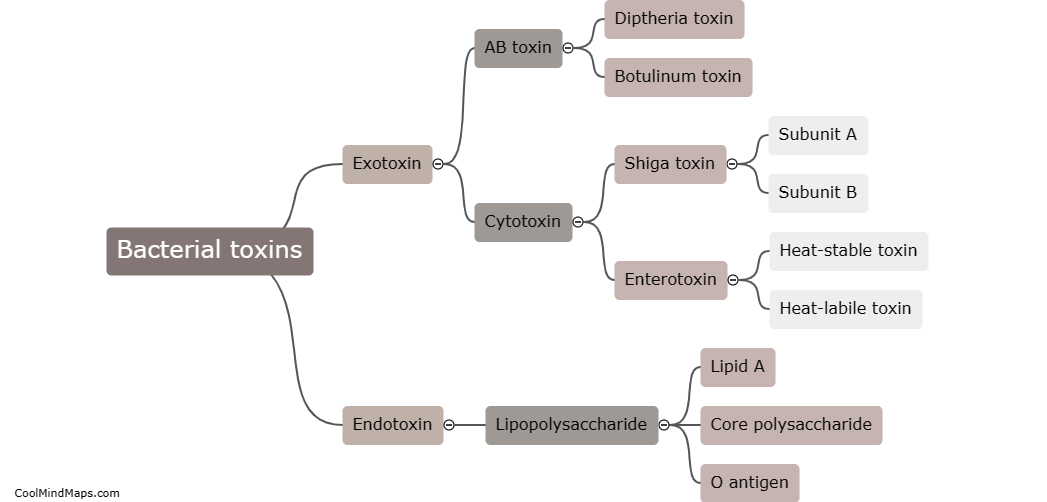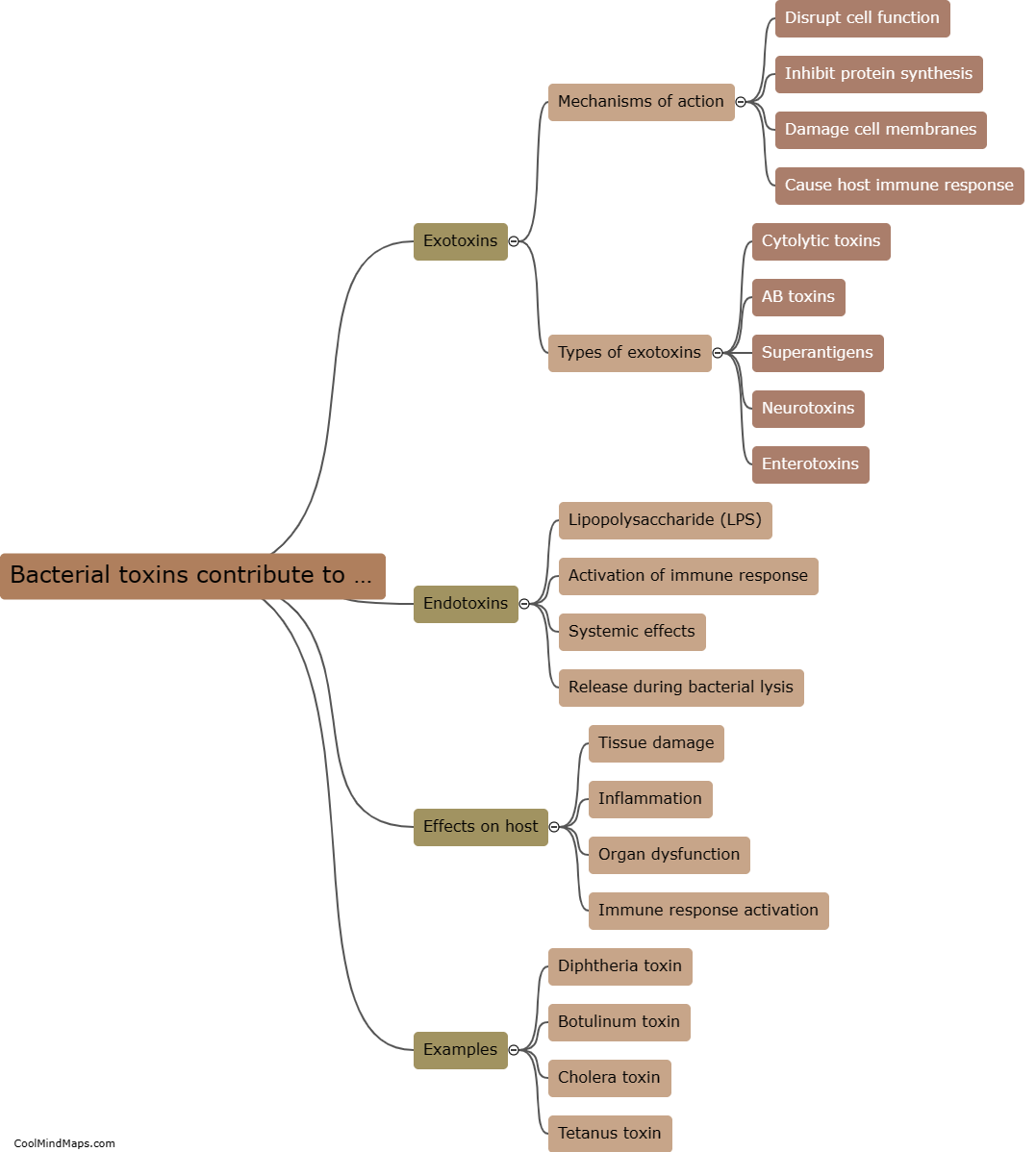What are bacterial toxins?
Bacterial toxins are harmful substances produced by certain types of bacteria that can cause a wide range of diseases in humans and other animals. These toxins play a crucial role in the pathogenicity of bacteria and enable them to establish infections within the host. Bacterial toxins can be classified into different types based on their mode of action, including exotoxins and endotoxins. Exotoxins are secreted by bacteria into their surroundings and can affect various tissues and organs by targeting specific cells. They can disrupt the cellular processes or induce an immune response, leading to the manifestation of symptoms. Endotoxins, on the other hand, are lipopolysaccharides found in the outer membrane of Gram-negative bacteria. When these bacteria are killed or lysed, endotoxins are released, triggering an inflammatory response that can cause fever, shock, and other complications. Understanding bacterial toxins is crucial in developing diagnostic methods, treatments, and vaccines to combat bacterial infections.

This mind map was published on 3 December 2023 and has been viewed 141 times.
